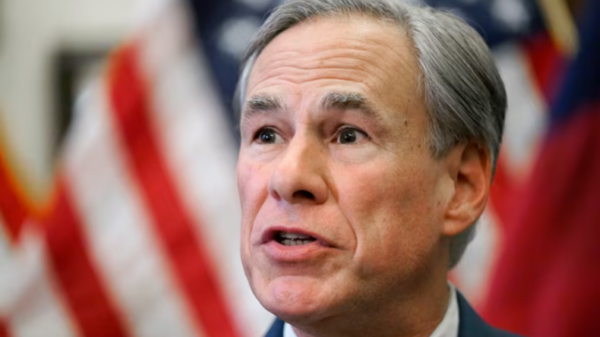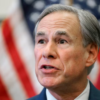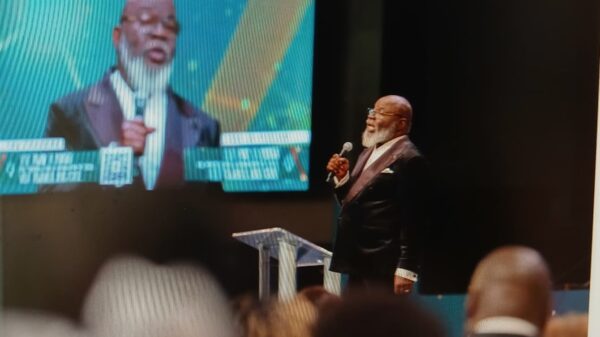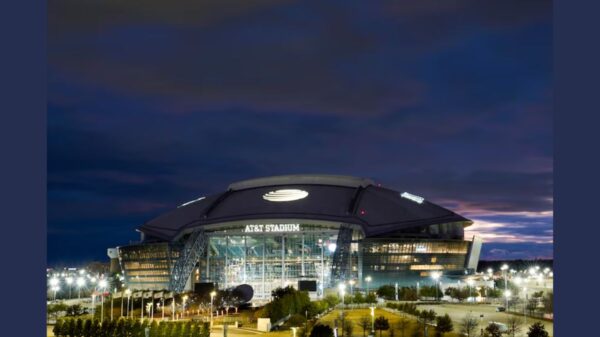
Dallas Mayor Eric Johnson is vowing to fight an uptick in crime by pressing for more money for a blight remediation program for abandoned buildings and vacant lots and for a program where police and community advocates help high-risk residents avoid gun violence.
In a memo to City Manager T.C. Broadnax and City Attorney Chris Caso, the mayor also:
- Said he wants better coordination between the police department and the Dallas Independent School District to help expand group counseling programs for teen students that began last year.
- Asked that city departments present strategies to council members this fall on ways to increase public safety that don’t directly involve police.
- Said he’d like city officials to seek the revocation of state liquor licenses from businesses repeatedly tied to violent offenses such as shootings.
The mayor, who is up for reelection next year, said in the memo that city officials needed “to be relentless in our pursuit of public safety policies and partnerships that can make a measurable difference in our communities.”
Johnson has said public safety is his top priority since first being elected in 2019. He has clashed with other city elected officials over police funding, pushed for annual increases and opposed efforts to strip any money away from the police department.
As of Monday, 126 people have been homicide victims in Dallas this year, according to police. That’s 18 more people than through the same time last year. But 2021 saw a decline over the year before.
Recent homicide victims have included a 30-year-old woman outside a northwest Dallas strip club, a 5-year-old boy in his South Dallas home and a 21-year-old man police say was shot in Oak Cliff and then dropped off at a hospital in the area where he later died.
In a statement, Broadnax said he believed the mayor’s suggestions could help the city reduce crime and emphasized the importance of working together. This comes after the two pledged to put aside past grievances after Johnson led a failed campaign to fire Broadnax.
Council member Adam McGough, who chairs the council’s public safety committee, said he didn’t receive a copy of the memo before Tuesday. But after reading it, he said he aligned with Johnson on community-wide approach to making Dallas safer.
“We have seen some progress, but we have a lot of work to do,” he told The Dallas Morning News.
The police department typically receives the most money from the city’s general fund every year. The department’s budget last fall was $566 million. That’s around a third of the $1.5 billion in the general fund, which is made up of city revenue largely from property and sales taxes. The overall city budget was adopted at $4.3 billion.
It’s not immediately clear how much it would cost to pay for the new police program, called focused deterrence, or the upgraded blight remediation program.
The proposed focus deterrence program is part of police Chief Eddie Garcia’s existing crime reduction plan. The mayor’s office is drafting the updated blight remediation program, modeling it after Philadelphia’s.
That city requires property owners to make sure their vacant buildings have working doors and windows and that the facade is clean. And the city is allowed to put up fences, trees and other landscaping on vacant lots not maintained by the owner.
Both would build on existing city initiatives aimed at reducing violent crime that were recommendations from the mayor’s 2019 task force on safe communities.
The City Council last year approved paying $800,000 to contract with a youth advocacy nonprofit for a violence interrupters program, consisting of outreach workers who try to resolve community conflicts before they escalate as an alternative to policing. The group was tasked with focusing on 2.4 square miles in four areas of southern and northwest Dallas where almost 20% of violent crime occurs.
Workers have had contacts with more than 480 at-risk residents between last October — the start of the current fiscal year — and the end of May.
Another city initiative was to improve street lighting in areas designated by police as high-crime areas. The city budgeted $2.5 million to install brighter lights to deter crime and as of the end of May more than 3,200 new lights have been installed with another 815 planned.
Going after a business’s liquor license would be a change of tactics for the city.
The Texas Alcoholic Beverage Commission, which regulates businesses that sell alcohol, allows state and local officials to file a protest against a business that is seeking a new or renewed license or permit if they believe there is a risk to public safety.
Dallas more often sues businesses the police department deems as sites of frequent violent crime to get a judge’s order to shut them down or get them to mitigate crime.
For example, the city on June 17 sued the owners of OT Tavern and Bar 3606 in Old East Dallas citing three recent shootings tied to bar patrons, as well as separate cases of aggravated assault and sexual assault since 2015.
OT Tavern will close, but Bar 3606 will not.
The mayor’s office said Tuesday that protesting the liquor license may lead to a quicker resolution than filing a lawsuit.









You must be logged in to post a comment Login